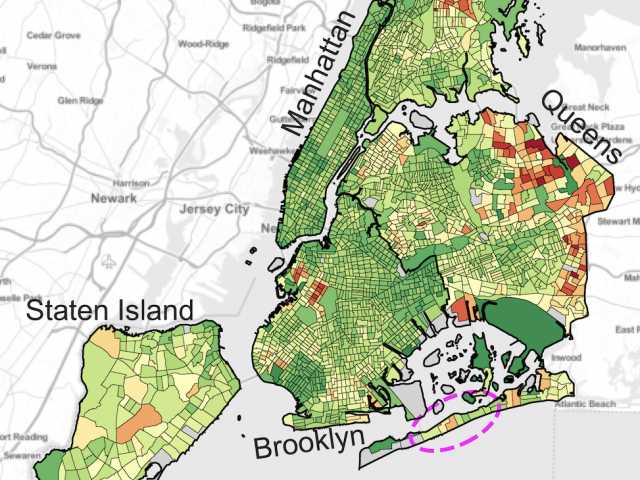
The 311 system has been deployed in many U.S. cities to manage non-emergency civic issues such as noise and illegal parking. To assess the performance of 311-mediated public service provision, researchers developed models based on execution time and the status of execution. However, research on user satisfaction suggests that the level of individuals’ perception is asymmetric with respect to the quality of services, because negative experiences have a stronger impact on people’s dissatisfaction than positive experiences do for satisfaction. Informed by the uneven nature of human satisfaction regarding positive and negative service quality, we propose an expectation-oriented model that measures the quality of public services by adapting the asymmetric function that reflects different perceptions of positive and negative experiences. Our preliminary analysis of the model using the Census data provides an initial assessment of the model’s validity.
* Myeong Lee is the corresponding author.